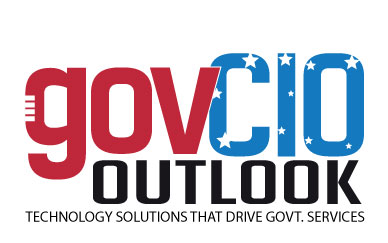Welcome back to this new edition of Gov CIO Outlook !!!✖
NOVEMBER 20248GOVERNMENT CIO OUTLOOKIN MYOPINIONSMART CITY IN THE EVOLVING CONTEXT OF AITed Ross, Chief Information Officer & General Manager (Information Technology Agency), City of Los Angeles8 percent of the world's population will be living in cities by the year 2050. That means the fate of humanity is closely connected to the fate of urban areas. And while living in cities has many benefits, it also comes with unique and substantial challenges. To meet them, the city government in Los Angeles and all over the world, seek tools that will positively transform our urban environment; and among them, the most promising tool is technology. Technology is unmatched in its ability to reach and engage with residents in every sector of the population. Technology is flexible and highly configurable, adapting easily to changing urban environments. Finally, technology improves itself by leaps and bounds every year. In other words, when done right, technology makes us `smarter.' This is why the City of Los Angeles strives to be a `smart city.' And while this term is imperfect, and often overused by IT industry sales teams, it is still the best term to convey the importance of technology to improve the lives of LA's residents. However, not all technologies are equal. The City of Los Angeles has learned that a smart city must be multi-faceted and made up of several technology components (digital services, data tools, digital inclusion, etc.) not just IT infrastructure. Smart cities are evolving, requiring both near-term and long-term technology goals. Smart cities require diverse resident and business participation. This doesn't happen by accident; it requires careful strategic planning and technology investments. When done right, these technologies deliver many key benefits. They give governments the ability to influence the urban landscape 6Through this article, Ross, aims to convey the importance of embracing technology, particularly artificial intelligence (AI), in transforming urban environments and addressing the unique challenges faced by modern cities. He also highlights the significance of technology in improving the lives of residents by enhancing digital services, data-driven decision-making and overall urban planning.Ted RossBy
< Page 7 | Page 9 >
< Page 7 | Page 9 >
